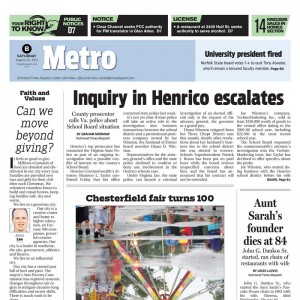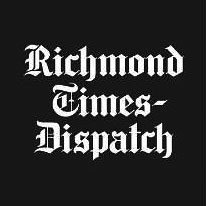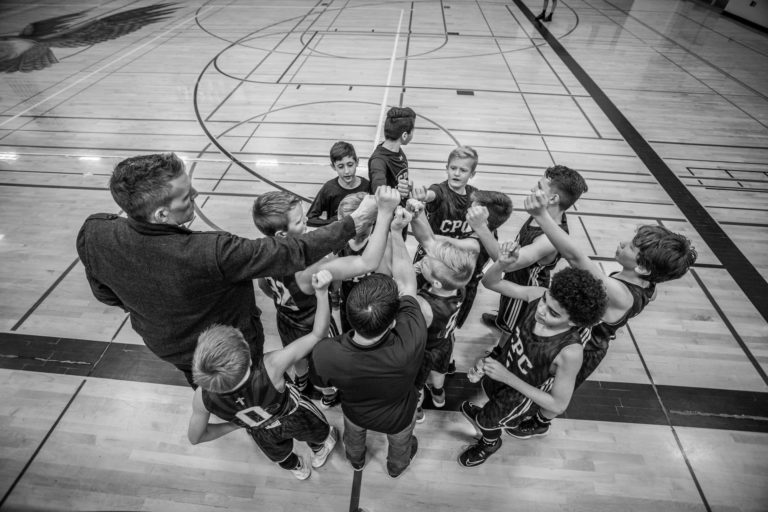 Here’s a piece I wrote, published in today’s Richmond Times-Dispatch:
Here’s a piece I wrote, published in today’s Richmond Times-Dispatch:
It feels so good to give.
Millions of pounds of food are donated and distributed in our city every year. Families are provided new toys and gifts for their children each Christmas. We volunteer countless hours to build and repair homes, keeping families safe, dry and warm.
We live in a generous city.
Our city is a creative center and home to higher education, six Fortune 500 companies, powerful creative agencies. Our city is a leader in medicine, the arts, government, athletics and finance.
We live in an influential city.
Our city has a storied past full of hurt and pain. The Mayor’s Anti-Poverty Commission has explored systemic changes throughout our region to mitigate decades-long difficulties and recent shifts. There is much work to be done.
We live in a broken city.
Read the rest of the piece online, or pick up a copy of the Times-Dispatch at your local newsstand scroll down after the break.
For those of you who read the article and stopped by the site, thanks for reading! Interested in reading more about making our city stronger? Take a look at last month’s Toxic Charity series, and connect with me on Twitter, Facebook, LinkedIn or by e-mail!
Despite our brokenness, we appear to be on the brink of greatness. Organizations throughout our city are leading the way toward a new day, but they need our help. To do so, we must shift our thinking to achieve our goals.
A few weeks ago, Times-Dispatch reporter Zachary Reid wrote a Sunday Commentary piece about the shortcomings of our generosity in Haiti (“Our shortcuts help keep Haiti poor”). Back home, the same symptoms inhibit transformational giving. Instead of developing growth, we breed sameness.
With generosity and resourcefulness permeating throughout our city, we should be a leader in strong development and long-term growth for the benefit of all citizens.
Unfortunately, we are not.
Much of our generosity is one-way giving and expects nothing of the recipient. This hurts their growth and their potential, and we do not allow good habits to develop as they seek to provide for their families.
Why do we continue to expect so little growth? The way we give usually requires little commitment and attention from us. We give this way because it is easy.
Development is hard work, but we can lead a movement in our city. With this hard work, we can change our city and make a deeper impact through our generosity.
It hurts to watch a family experience pain because our generosity missed the mark.
I hurt for the family whose dignity is crushed every Christmas when they cannot provide gifts for their children. How can we help them experience the same joy we do from giving gifts to our kids?
I hurt for the family who cannot put food on the table and have to search through what someone else has picked out. How can we develop affordable food options centered on investment and participation rather than ongoing handouts?
I hurt for the family who has so much creativity and energy but lacks the relational network to launch their own small business.
How can we mobilize our networks of influence in business, government and social circles for the empowerment of our whole city?
I hurt when I think about all the times I have hindered growth instead of mobilizing, empowering and developing. How can we turn our generosity on its head and move toward development and empowerment?
What, then, should we do?
Begin in your own neighborhood. Meet your neighbors, discover the incredible people who surround you every day. Then work to build up non-toxic generosity and develop your own community.
The strength of our city will continue to emerge as we focus on developing community on each street and in each neighborhood.
Ask not what you can do for the poor in our city; ask what all the residents of our city, together, can do to make our city a stronger city.
Aaron Lee is a husband and dad, a 2013 graduate of the Richmond Christian Leadership Institute and a lifelong Richmonder. He can be reached at me@aaronlee.co.




